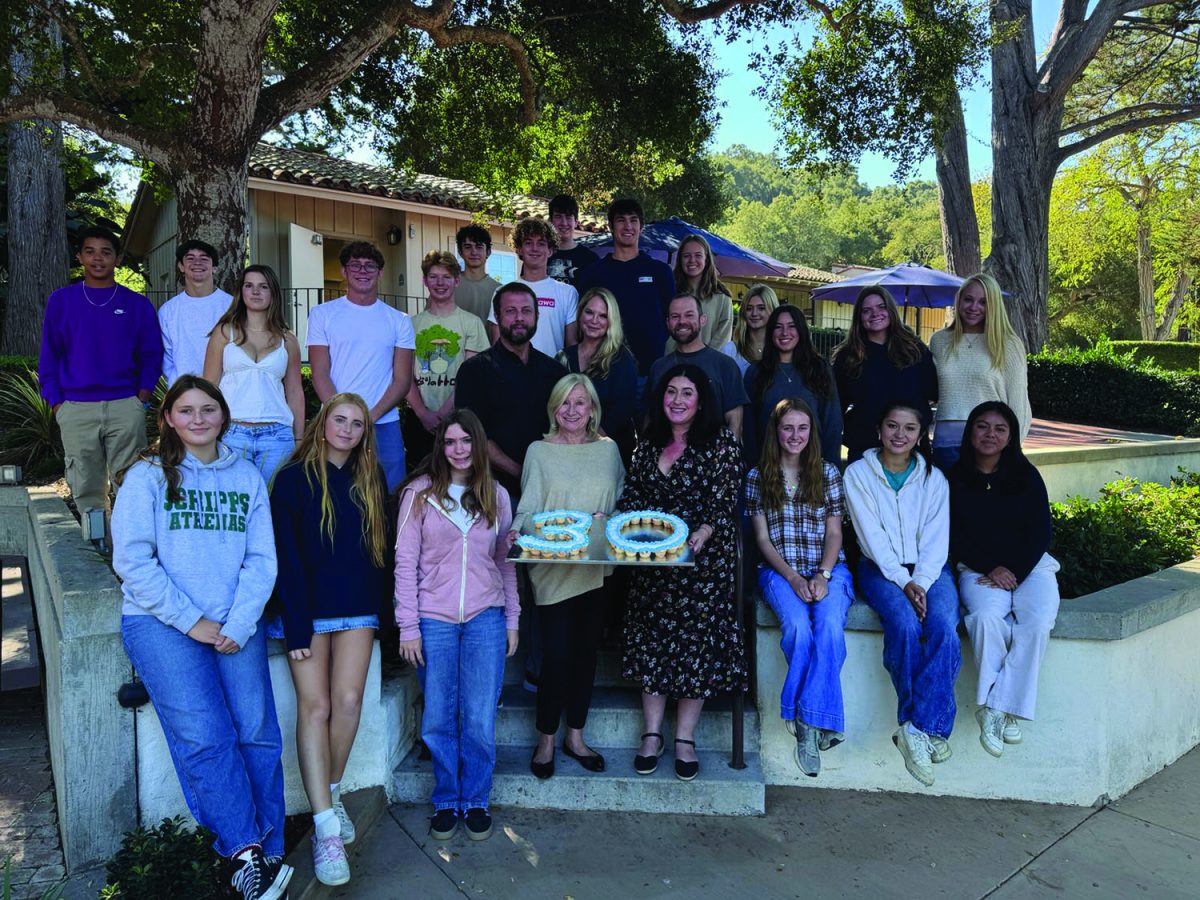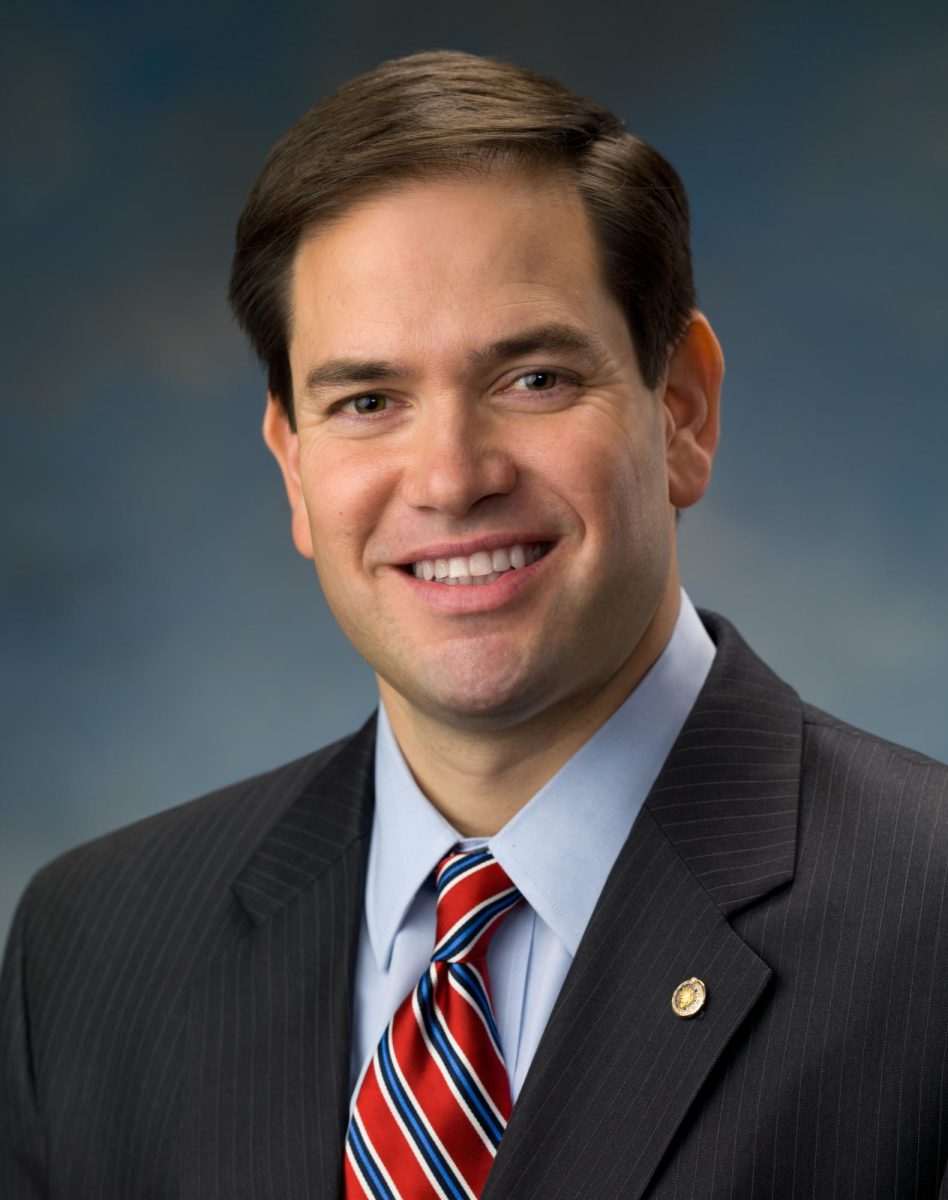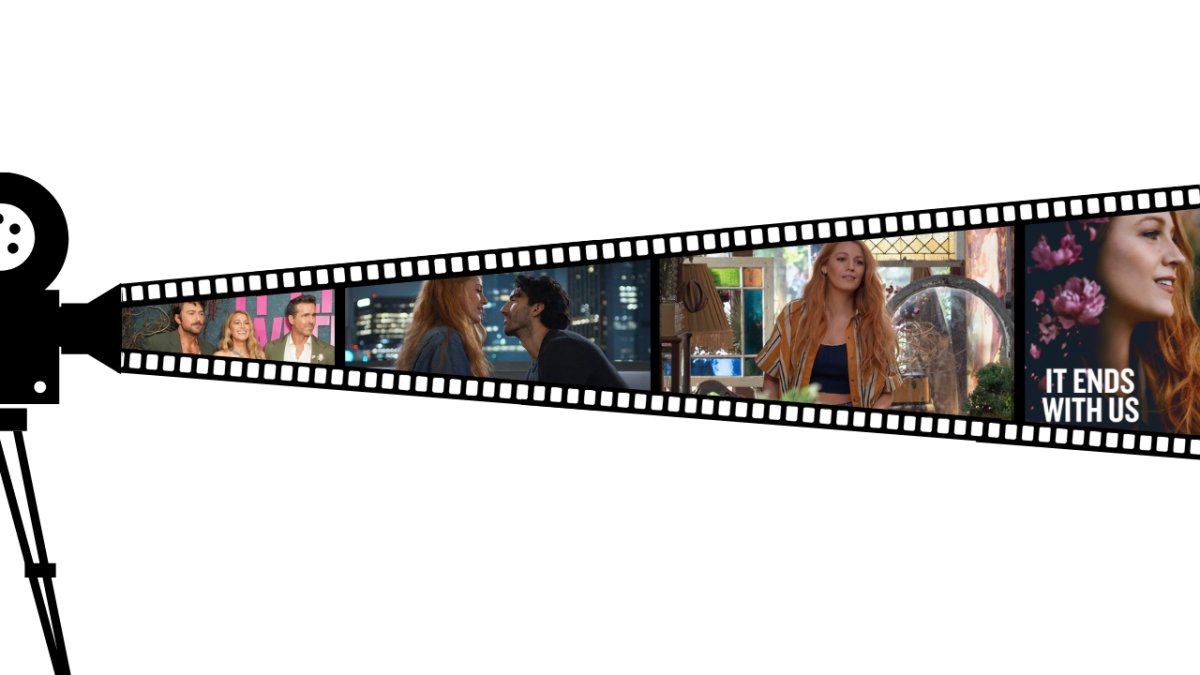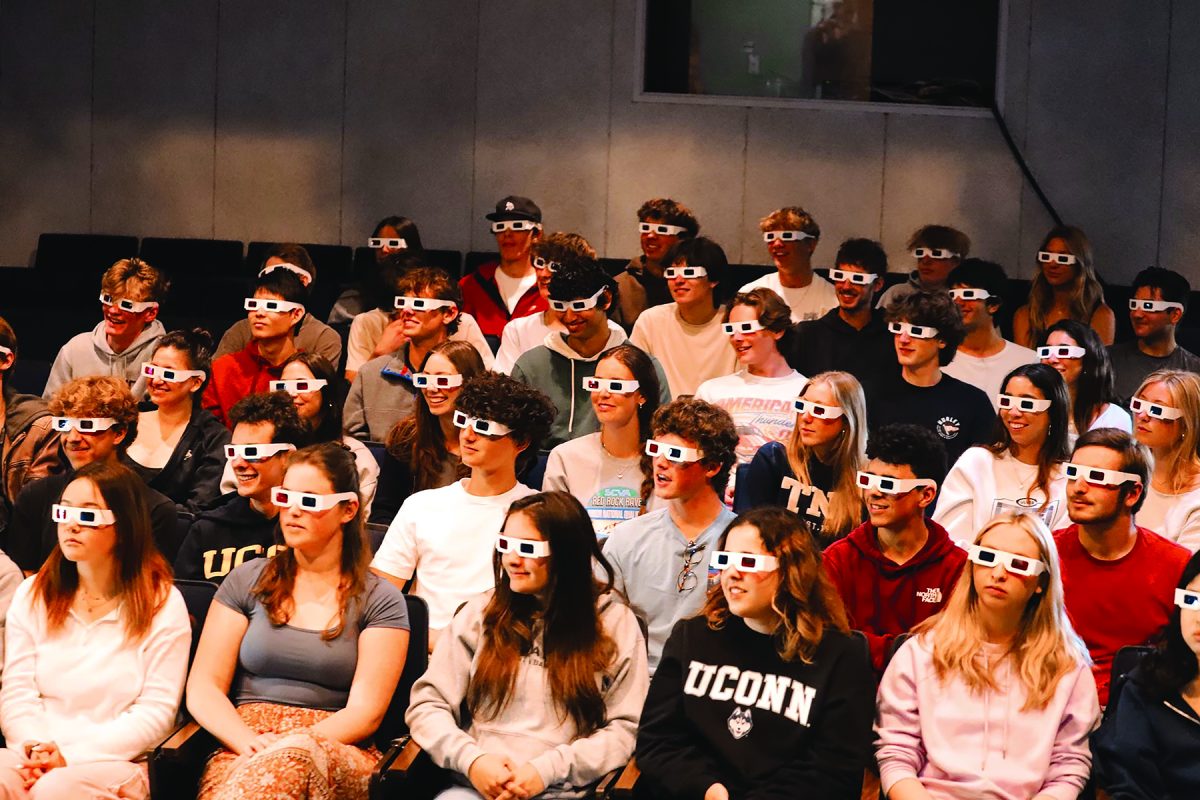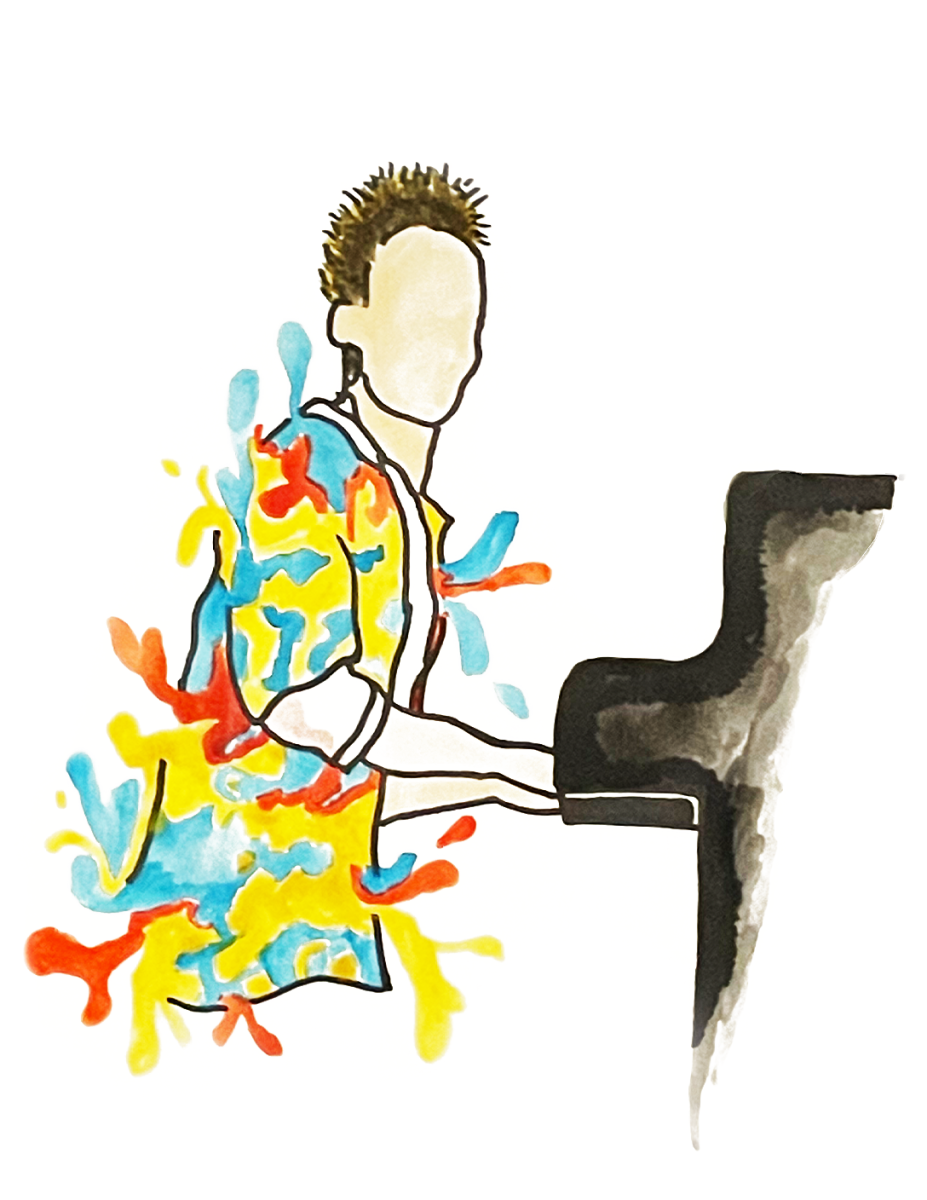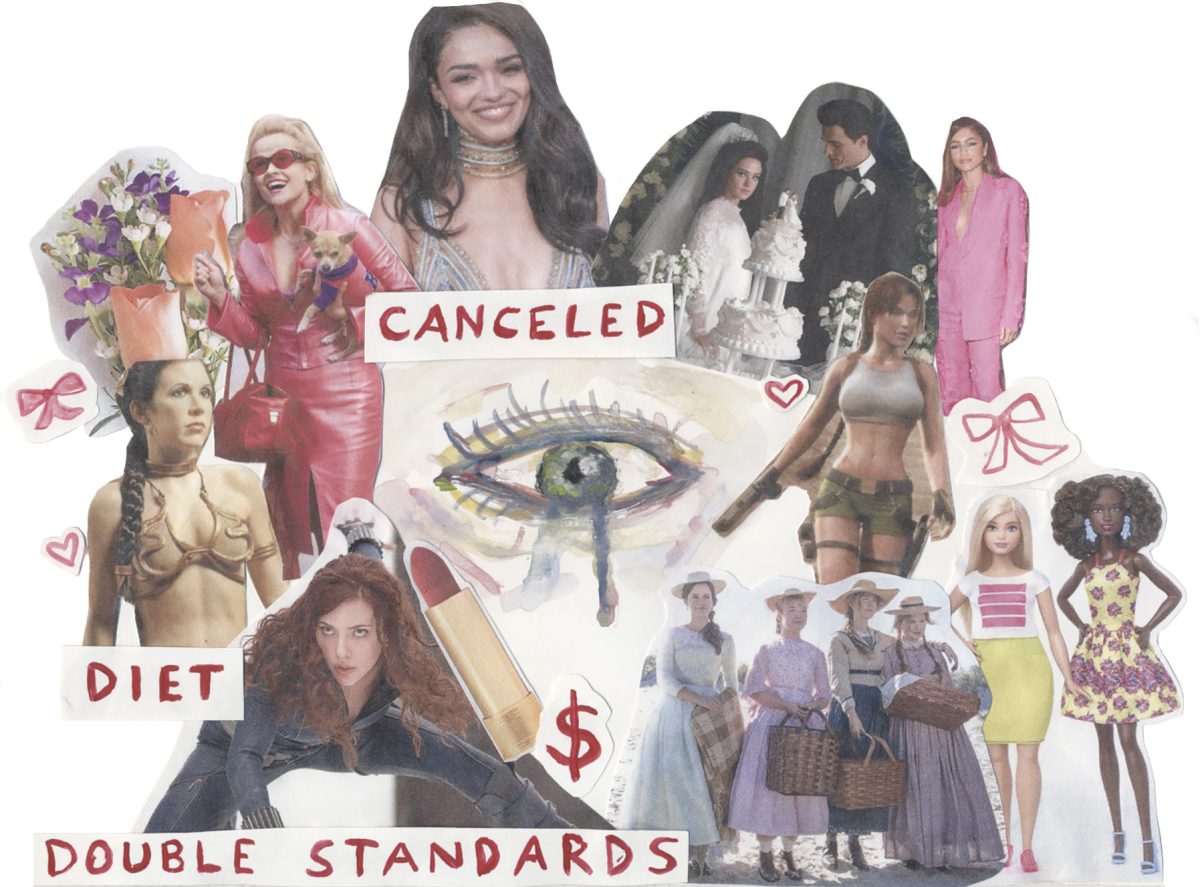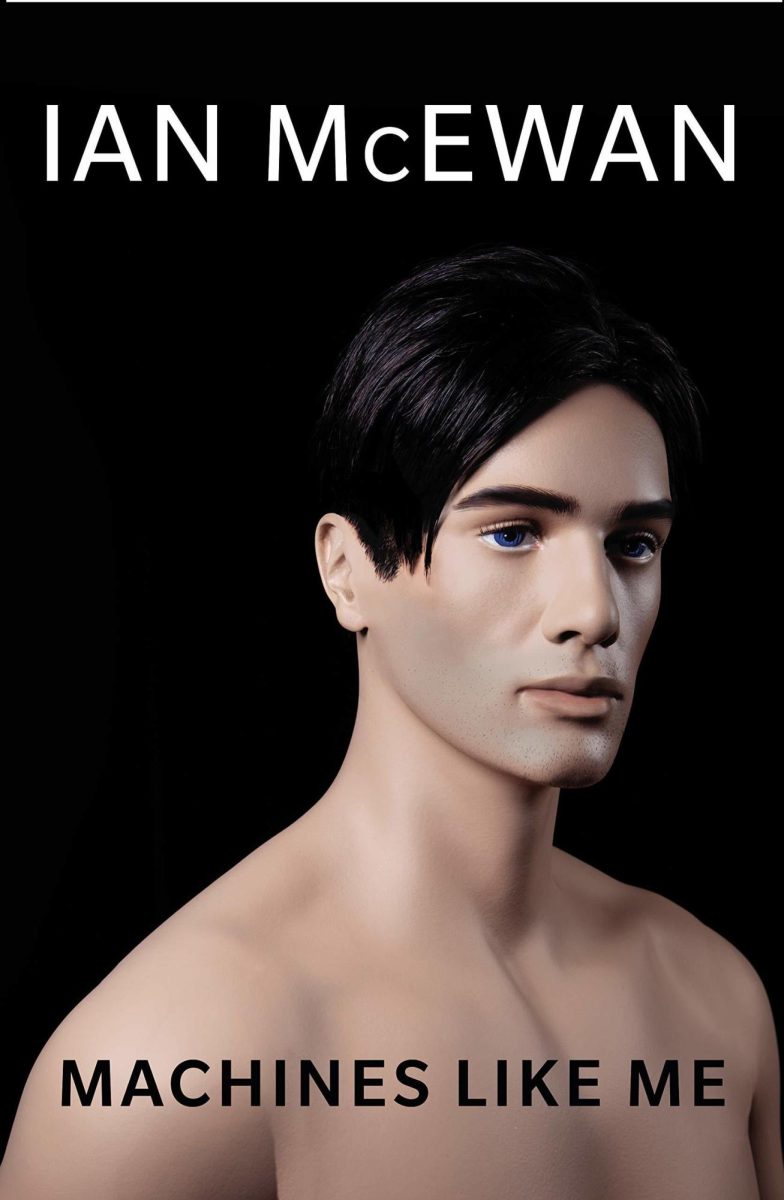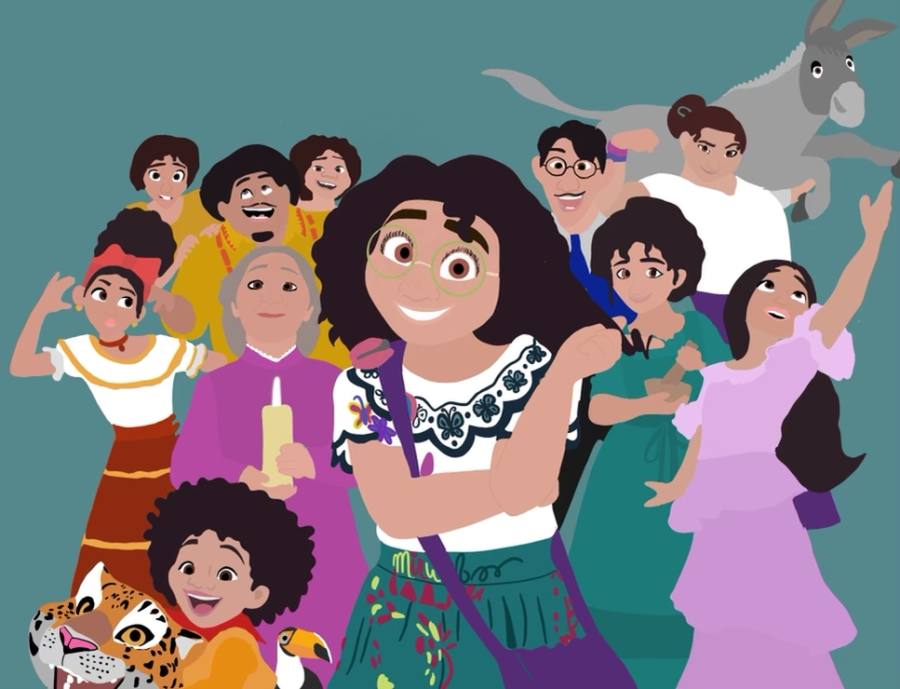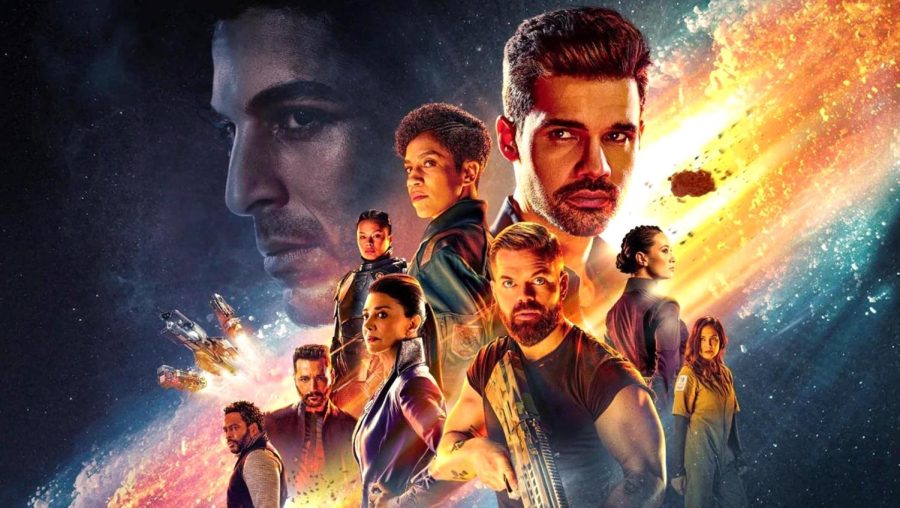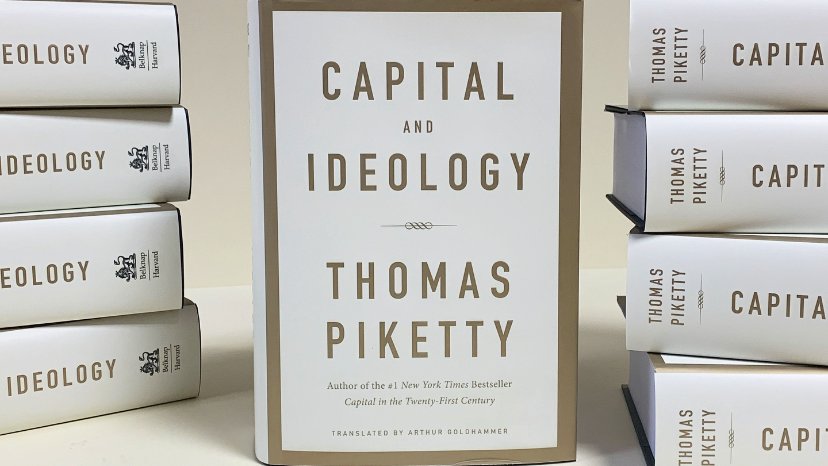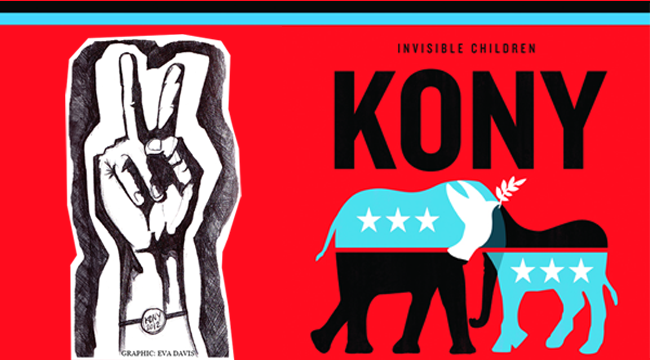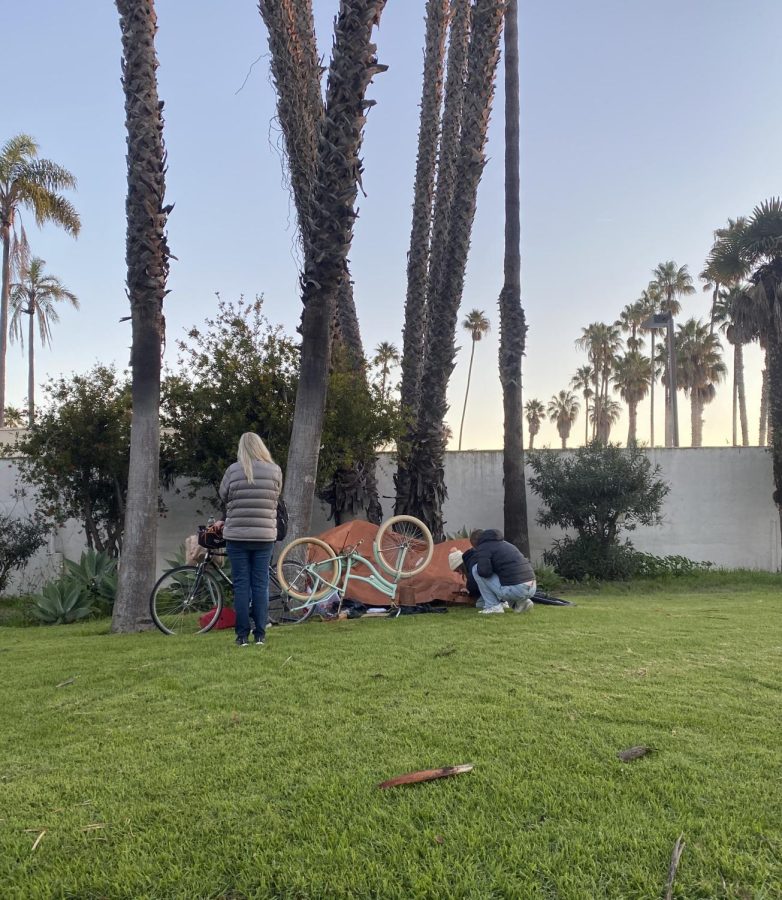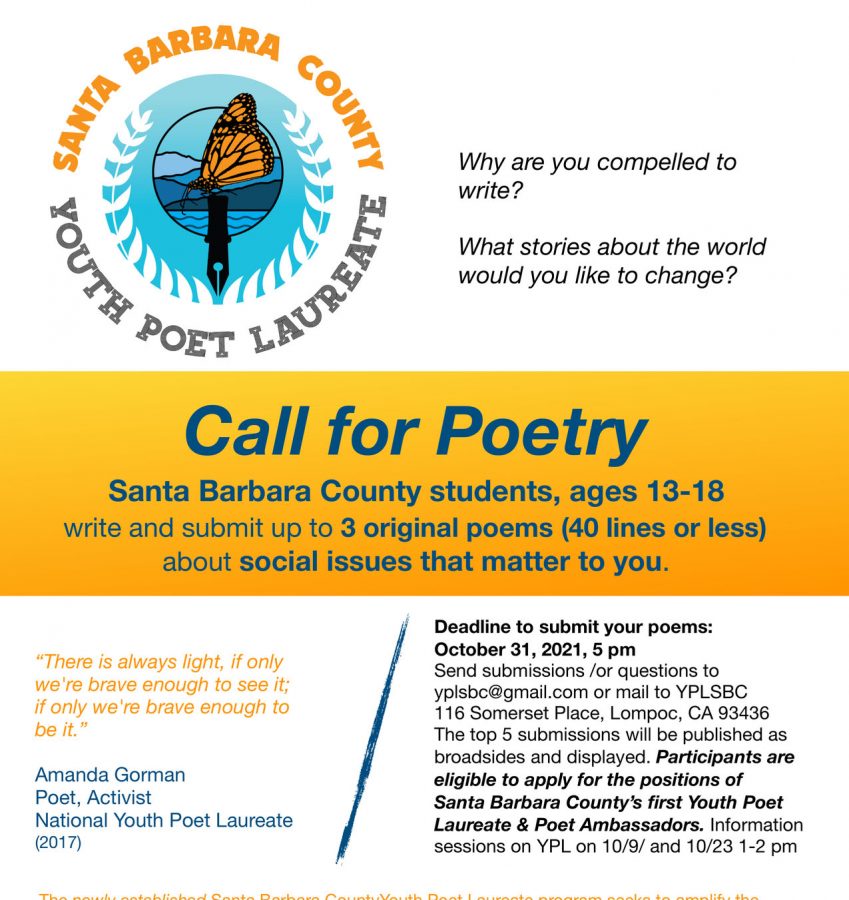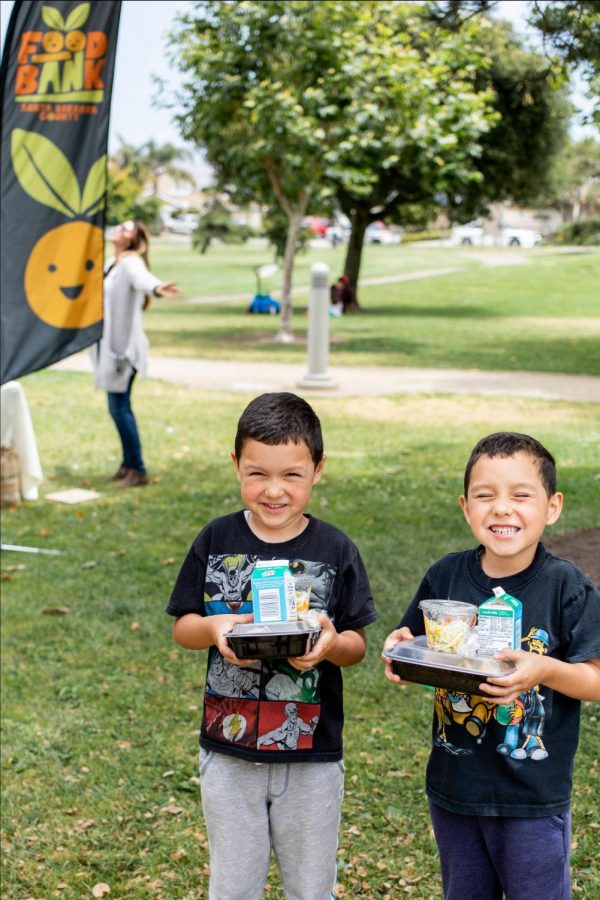“It’s always been that the decisions made by the few with the money and the power dictated the priorities of their government and the stories in the media. They determined the lives and the opportunities of their citizens. But now, there is something bigger than that. The people of the world see each other and can protect each other. It’s turning the system upside down, and it changes everything.”
The past few months have proved that the people of the world not only see each other, but they also care about each other. In spite of their idealistic ring, these words, spoken by Invisible Children Cofounder and Kony 2012 video producer Jason Russell, truly capture the truth exposed through the Kony 2012 social movement.
You no longer need to be an elected official or a wealthy citizen to be influential and generate global interest in your ideas. Through social networking and sites like YouTube, now everyone has the chance to be heard, and Jason Russell has been heard by over 84 million people.
Just a few months ago, Jason was a little-known, passionate humanitarian and caring father. But today he is the man at the center of a global controversy.
The 29-minute Kony 2012 film describes the human rights violations caused by Joseph Kony and his rebel army, and it calls for viewers to join IC’s efforts to “make Kony famous” and demand his immediate arrest.
People across the world were captivated by Invisible Children’s commitment to end violence in Uganda and its surrounding countries. Within a few weeks, the previously unknown warlord Joseph Kony became a household name.
According to Invisible Children, Jason did not expect the impact of the video to be so far-reaching. The organization aimed to engage at least 10,000 people through their film, but that goal has been far surpassed.
Although many have recognized the film as a valuable effort to raise awareness, others have fiercely criticized it.
We, as journalists, are taught to be objective. Thus we have made an effort to understand the ambiguity and disagreement that have clouded Invisible Children’s movement. We value people’s efforts to understand this issue and clearly voice their opinions about it.
With this in mind, however, we have found much of the criticism to be poorly thought out, unjustified, and simply inaccurate.
In fact, according to YouTube and Vimeo, only 20 percent of people have actually watched the entire Kony 2012 movie.
One of the harshest critiques came from a man who started in his article with “I have not seen the film.” Before people speak out against Invisible Children, they must understand the organization.
Attacks on IC’s finances are also poorly thought out. Many have complained that only 30 percent of IC’s finances are directed overseas. In reality, 37 percent goes directly to programs in Uganda. Another disregarded factor to take into account is the American dollar to Ugandan shilling exchange.
Also, as part of Invisible Children’s Schools for Schools Campaign, 100 percent of the money that Laguna students have raised has gone directly to Uganda.
The personal attacks on Jason Russell are particularly disheartening. The Kony 2012 video was personal to Jason, and therefore many critiques of Invisible Children have pinpointed him directly. As New York Times columnist Nicholas Kristof so pointedly asked, “A young man devotes nine years of his life to fight murder, rape and mutilation, he to fight murder, rape and mutilation, he produces a video that goes viral and galvanizes mostly young Americans to show concern for needy villagers abroad—and he’s vilified?”
Whether or not this campaign leads to the capture of Joseph Kony, we must commend Jason Russell for attempting to end injustice in East Africa.
His efforts are certainly more impressive than those of the critical bystanders who have expressed severe skepticism about the Kony 2012 campaign without offering a different solution to the problem.
If on Dec. 31 Joseph Kony is still at large, Invisible Children will not have failed. They have succeeded in mobilizing a generation; they have proven that young people are not only the leaders of tomorrow, but they also have the capacity to create positive change today.
This video awakened many youth to their own capacity to create significant, lasting change in the lives of others, and even the toughest critics of the Kony 2012 movement must acknowledge the value in this.
The Fourth Estate Staff supports Invisible Children in their efforts.








